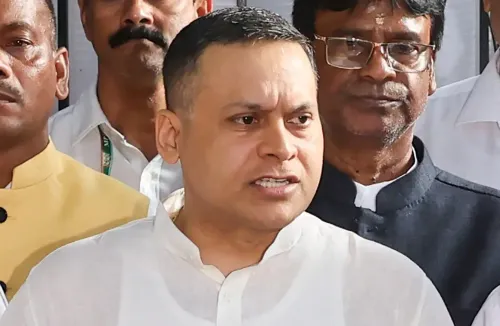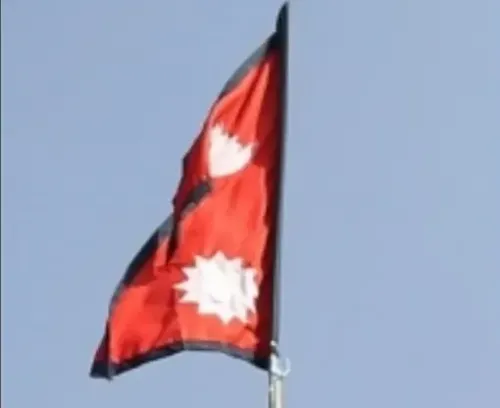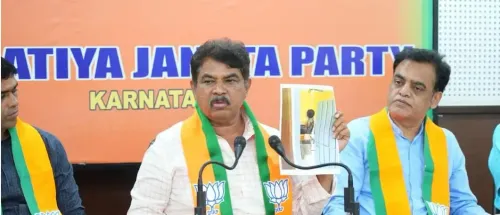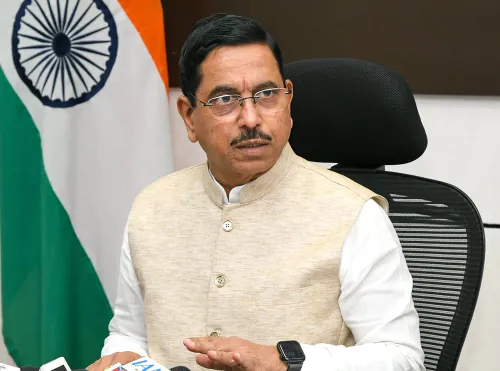Why are Indian exporters expressing optimism about the US extending the tariff hike deadline to August 1?
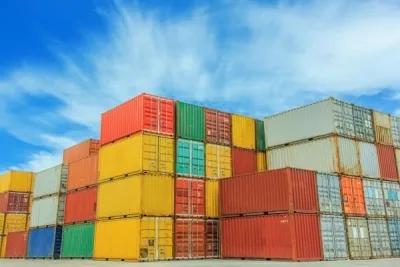
Synopsis
Key Takeaways
- US tariff hikes postponed to August 1.
- Indian exporters welcome the additional negotiation time.
- Potential for a BTA could benefit India's export sector.
- Negotiations focus on sensitive agricultural and dairy trade issues.
- Significant opportunities for labor-intensive exports.
New Delhi, July 8 (NationPress) Indian exporters are pleased with the United States' choice to delay the tariff increases on imports from July 9 to August 1. This extension offers additional time for negotiations to address ongoing trade challenges.
Ajay Sahai, the Director General of the Federation of Indian Export Organisations (FIEO), noted that this postponement of reciprocal tariffs indicates the US's readiness to engage proactively with its trade partners.
"This grants us an extended opportunity for discussions, which can aid our negotiators in resolving outstanding contentious matters," he emphasized.
Sahai also mentioned that the proposed tariffs, affecting about a dozen nations, could grant India a more favorable position if it successfully concludes a Bilateral Trade Agreement (BTA) with the US, particularly concerning goods, by the end of this month.
Earlier, US Treasury Secretary Scott Bessent remarked that Washington is nearing agreements on multiple trade deals, as a significant number of proposals have been received from various countries at the last minute.
His remarks suggest several major trade deal announcements from the Donald Trump administration are imminent.
"My inbox was filled last night with numerous new offers and proposals… It’s going to be a hectic few days," he stated to CNBC.
"President Trump will be communicating with some of our trading partners, indicating that if progress isn’t made, then by August 1, tariffs will revert to the levels set on April 2. Expect to see a flurry of deals very soon," Bessent added, according to media reports.
Trump has initiated several trade agreements, including those with Vietnam and China. Last month, he mentioned that the US and India “might finalize an agreement that opens up the Indian market to US goods.
India’s senior official delegation, led by chief negotiator Rajesh Agrawal, has returned from Washington after trade discussions with US officials, yet no final agreement was reached on the sensitive topics of agricultural and dairy product trade that the US is advocating for.
Nonetheless, there remains a glimmer of hope that an interim bilateral trade agreement could be forged at the highest political levels of both nations before the deadline for the 26 percent hike in US tariffs on Indian exports takes effect.
The US seeks increased access for its agricultural and dairy products, which poses a significant challenge, as for India, this is a critical issue for the livelihoods of small farmers and thus remains a sensitive topic.
India aims to secure considerable tariff reductions for its labor-intensive exports, including textiles, leather, and footwear.

